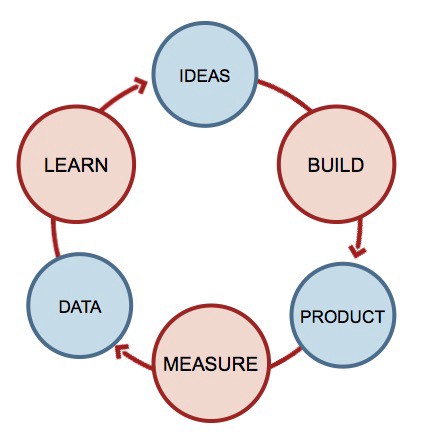I consume more media than I should. I do it myself, I’ve got a Google Alert built out for everything I find or have found interesting, and like many of you, I’m relying on IFTT and Feedly to render that content in a slightly more useful form. If you can niche your alert keywords well enough, it’s not that bad. Until I can find something better though, I find myself checking the SearchEngingeResultsPage movement of big hitter keyword categories like “Marketing” once a week.
During one such scour, I stumbled into this gem hosted on UpWork (oDesk.)

A Never-ending Quest for Competency. This job announcement gets to the heart of a tension that I’ve run into quite a few times these last few months. I’ve started to think that it speaks to a shift in the skillsets that are needed by in-house and out-of-house members of Marketing teams.
That balance is hard to work out and it varies on a whole host of factors. If an in-house team is short in a competency, an out-of house solution could be an attractive short-term to shoring up competency. If an in-house team is low on bandwidth, an out-of-house team might be able to provide labor at a lower cost than the in-house team is able to hire it. If an in-house team finds itself needing to execute on an idea it lacks the core competencies for, an out-of house team might make sense.
I don’t think this is an ad for a freelancer, consultant or vendor though — and it’s under the assumption this is a freelance-to-hire posting that I wanted to make a few comments. To me, that kind of move makes sense, given the limited resources available to most start-ups.
It’s also a risky hire. The skillset is barely a few years old and the parts are moving quick. That’s why I looked at this job description
I don’t want to pick this potential employer apart too much, but if you look at the roles the freelancer is going to be responsible for, I think it’d look something like this:
- Promote Existing Organic Content into a tailored audience of users.
- Perform A/B testing on ad performance and content that has been created by in-house team using an iteration tool (AdEspresso.)
- Execute on ideas for which the stakeholder is too busy to develop on.
- Perform these tasks in under two hours a week.
Sounds like a good job for an early stage start-upy idea. So what’s wrong with it?
I’ve had the privilege of working with teams across the the small business spectrum, and I’ve run into requests like this, which is why I can tell you that if the wonderful folks on our Accounts Team brought in a lead like this I would panic. Here’s why.
A growth hacker is often a key early hire — for exactly the reasons stipulated in the job description. There are a ton of moving parts. Platforms evolve on a near-daily basis which means best practices and productions standards have to as well.

Build. Measure. Learn.
It’s a mantra that has been parroted by start-up thought leaders the world over.
The problem with a job description like this?
The role this person will grow into will be forever separated from the content production process.
As the entry-level growth hacker experiments and begins to see the results which will grow this organization, they will do so siloed off from the content production pipeline.
That means that the content production pipeline is going to be siloed off from the data and analytics readily available to the growth hacker!
By iterating on ads and evaluating how content promotion of certain pieces played or didn’t play, the growth hacker is positioned to evolve into the one person at the organization who best understands the ROI of the content production. Yet using the job description as a guide, they aren’t involved in that process.
So where will those ideas come from?
The hiring manager — who is more likely than not, ignoring the performance data.
Why? The hiring manager is using their judgement of what the performance ‘should be’ to evaluate the performance of the professional. They’re positioned to confuse market feedback with employee evaluation. When the market gives feedback they don’t like, they aren’t going to be able to separate that feedback from the performance of the growth hacker.
You might ask, how do you fix it?
This is the number one road block I see organizations encounter.
The best growth hacking marketing department in the world will not be able to do its job if it is also required to navigate a complicated stream of mixed ownership. The lines will blur and the roles will confuse.
That isn’t the fault of the players in the process, it’s a good problem. It’s a scaling problem.
Over the last few years it’s become possible for an early stage start-up to hire the kind of talent that even five years ago would have been locked away in Madison Avenue Market Research firms.
This rapid reduction in the barrier of entry, means that in addition to the already overwhelming-at-times-task of refining a business model, the organization needs to look at how it can get highest and best use out of the more readily available market feedback it has at its disposal.
To be honest, it’s just staying true to being lean.


Share this post
Twitter
Facebook
Reddit
LinkedIn
StumbleUpon
Pinterest
Email